Cloves: Important Facts, Health Benefits, and Recipes
Explore the world of cloves with our ultimate guide, covering their history, health benefits, culinary uses, and storage tips for this aromatic spice.
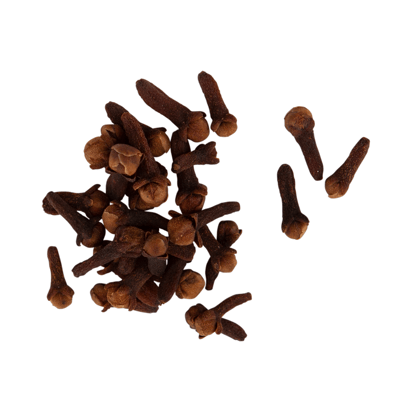
Nutritional Facts
1 whole
Amount per serving
Calories
0.2
Carbohydrates
0 g
Fat
0 g
Protein
0 g
Saturated Fat
0 g
Sodium
0.2 mg
Fiber
0 g
Sugar
0 g
Best Cloves Recipes
-

-
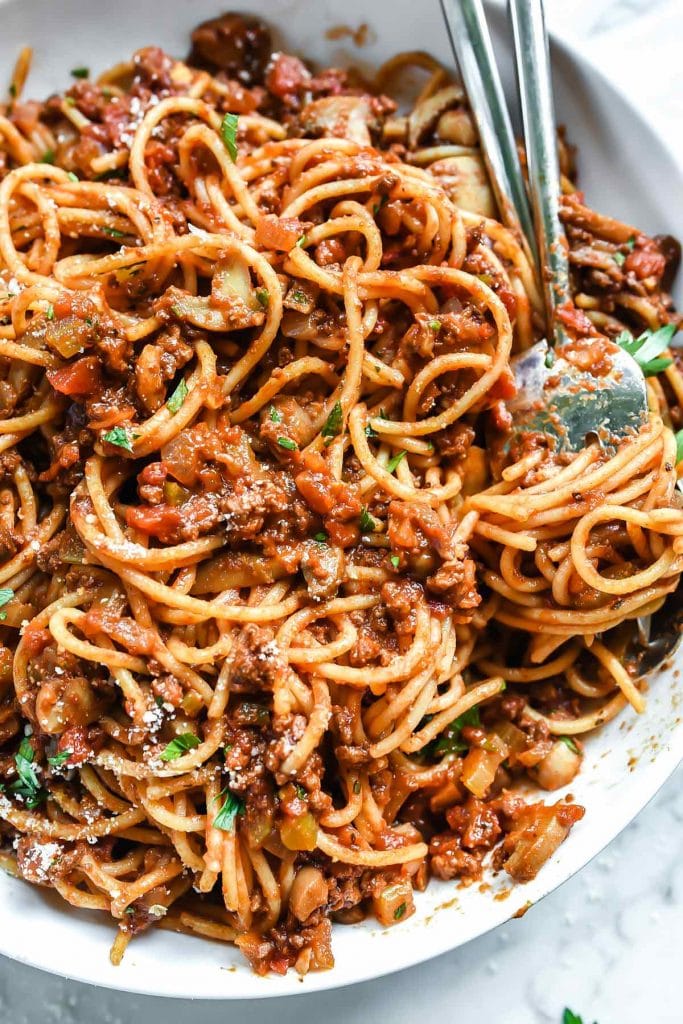
-
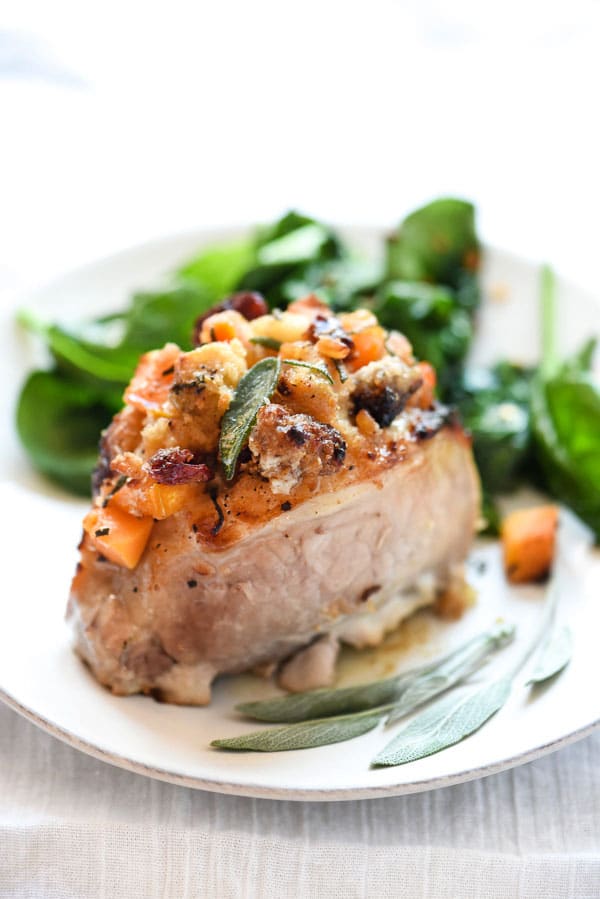
-

-

-

-
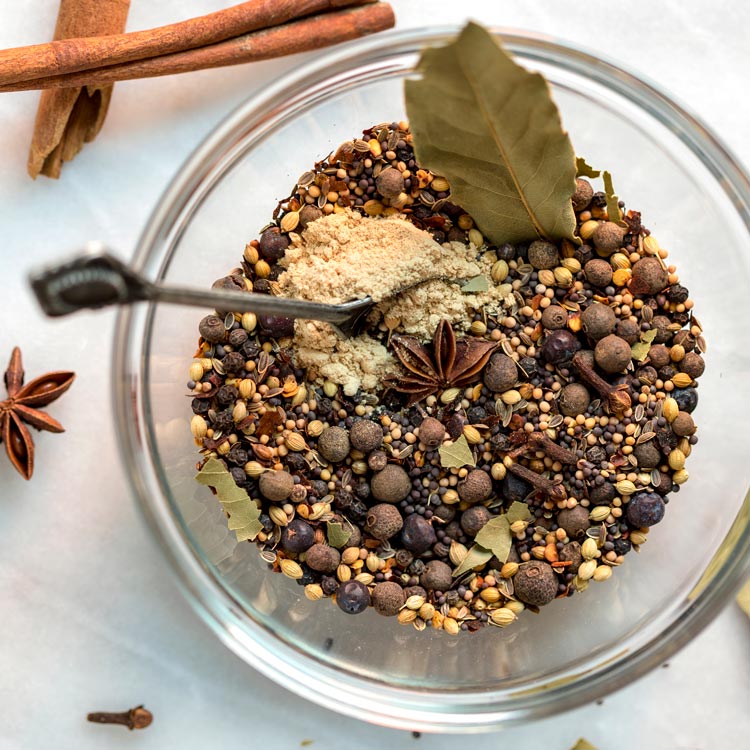
-
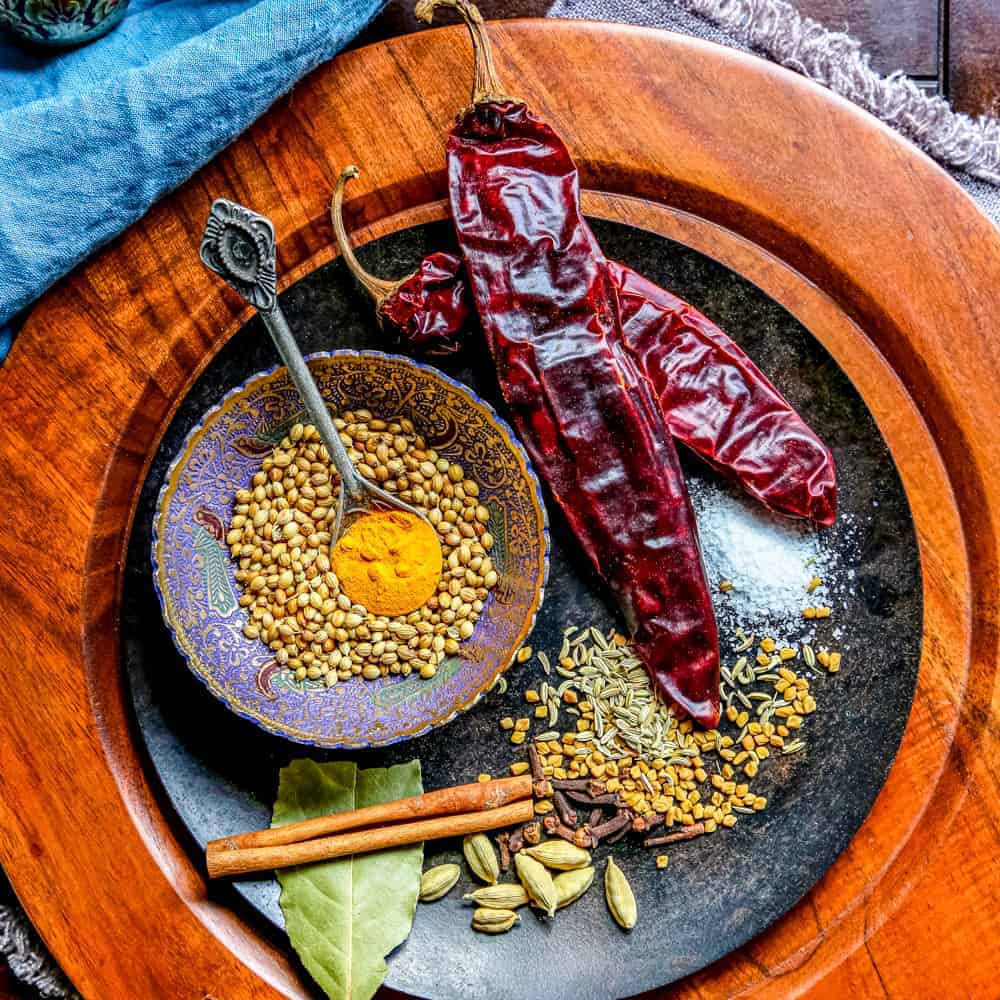
-
![Easy Chicken Korma Image]()
-
![Slow Cooker Bolognese Sauce Image]()
-
![Dal Makhani - Creamy Restaurant Style Image]()
-
![Japanese Shrimp Ramen in Miso Beef Broth Image]()
-
![Lentils with Lamb Stew Image]()
-
![New Orleans Pulled Pork with Orange Sauce Image]()
-
![Roasted Chicken with Almond Banana Mole Image]()
-
![How to Make Smoked Brisket - Brined, Dry Rubbed and Cherry Wood Smoked Image]()
-
![Pork Tenderloin with Orange Sauce Image]()
-
![Iraqi Grilled Chicken (Djaj Bil-Bahar Il-Asfar) Image]()
-
![Smoked Pork and Cheese Enchiladas in Red Sauce Image]()
-
![Yucatan Pork (Cochinita Pibil) + Video Image]()
-
![Cashew and Chickpea Curry Image]()
-
![Charred Eggplant Curry Image]()
-
![Beef Burgundy Image]()
-
![Breakfast Enchiladas Image]()
-
![Cold Borscht Image]()
-
![Wassail Image]()
-
![Marinated Turkey Breast Image]()
-
![Holiday Pear Mulled Wine Recipe Image]()
-
![Mirin Glazed Pecans Image]()
-
![Pho (Beef Noodle Soup) Image]()
-
![Beef Braised in Brown Butter (Draadjesvlees) Image]()
-
![Vegetarian Pho Image]()
-
![Slow Cooker Guinness Corned Beef Image]()
-
![Mulled Wine Image]()
-
![White Spiced Wine Image]()
-
![Mulled Apple Cider Chai Image]()
-
![Easy Mulled Wine Recipe Image]()
-
![Stuffed Tomatoes Image]()
-
![Lobster Bisque Image]()
-
![Mulled Wine (Glühwein) Image]()
-
![Italian Smothered Pork Chops Image]()
-
![Mornay Sauce Image]()
-
![Cranberry Roast Beef Image]()
-
![Instant Pot Chicken Pho Image]()
-
![Apple Cider-Brined Turkey with Savory Herb Gravy Image]()
-
![Apple Turkey Brine Recipe Image]()
-
![Colombian Christmas Custard (Natilla Colombiana) Image]()
-
![Traditional Swedish Glögg Recipe Image]()


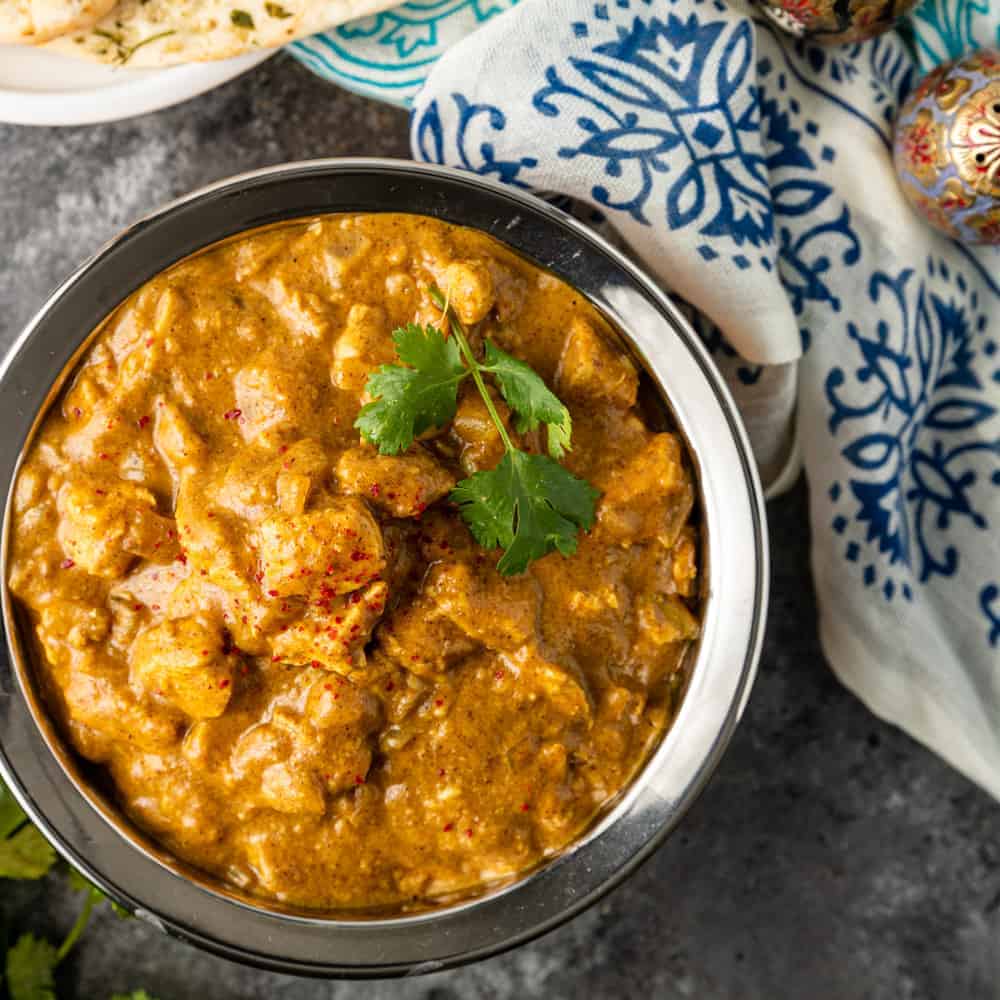

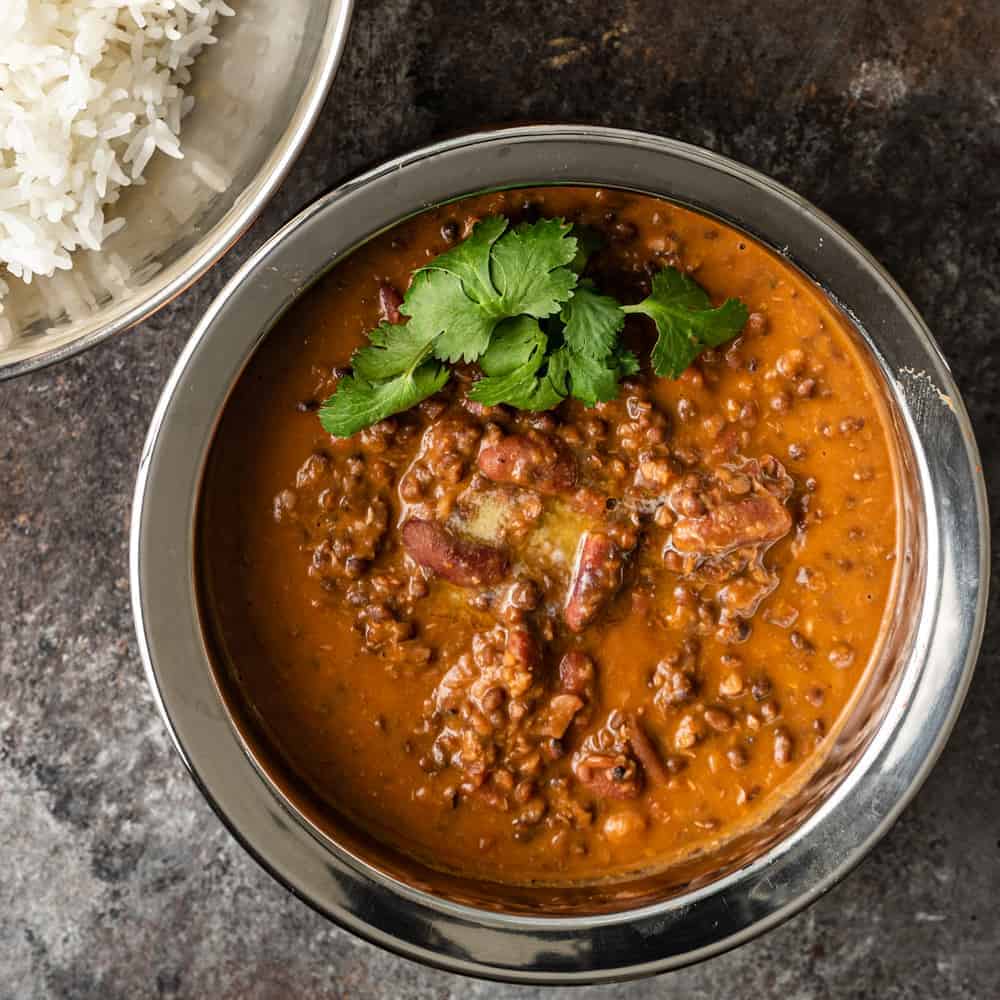

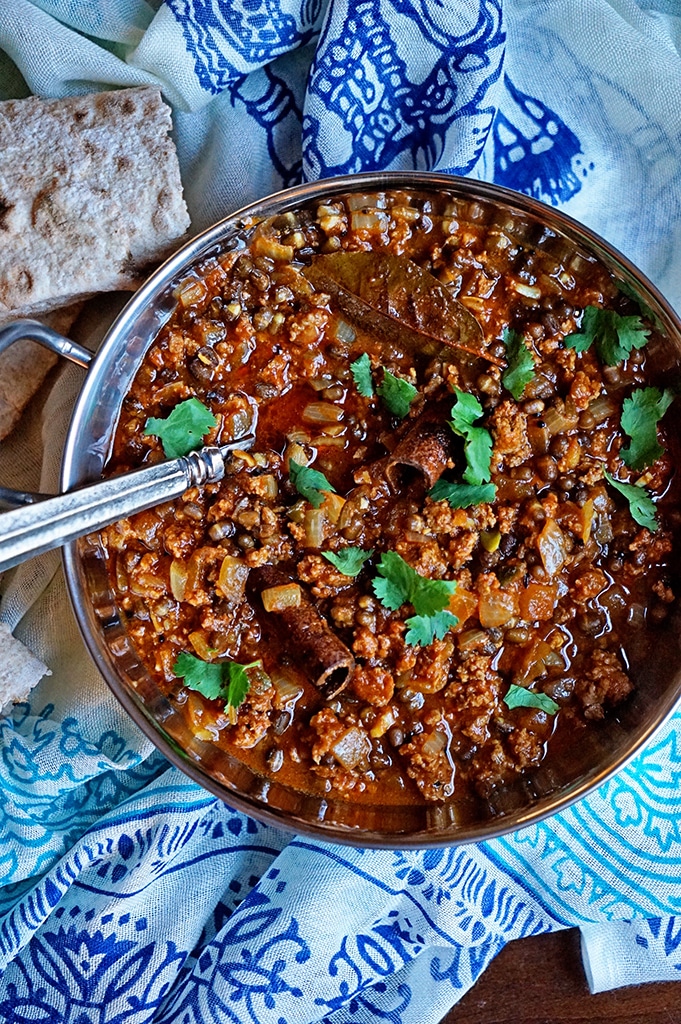
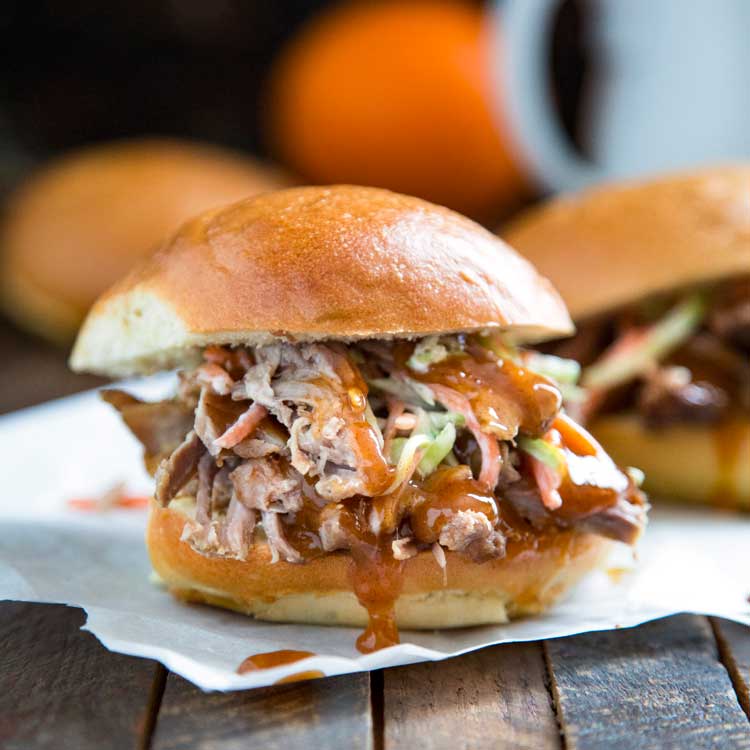
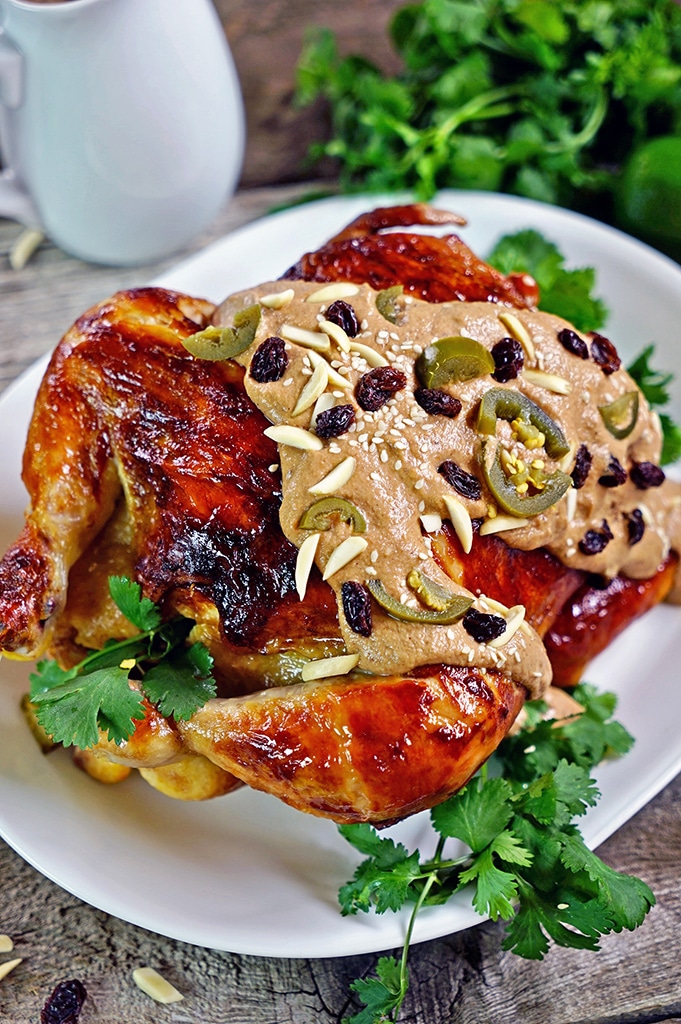
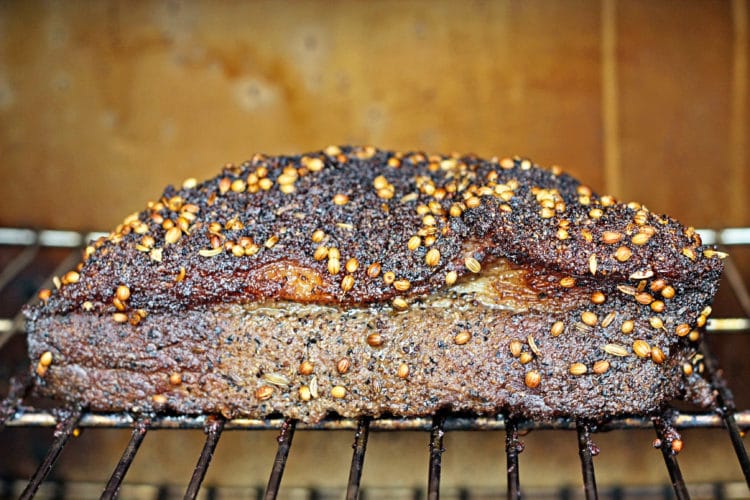



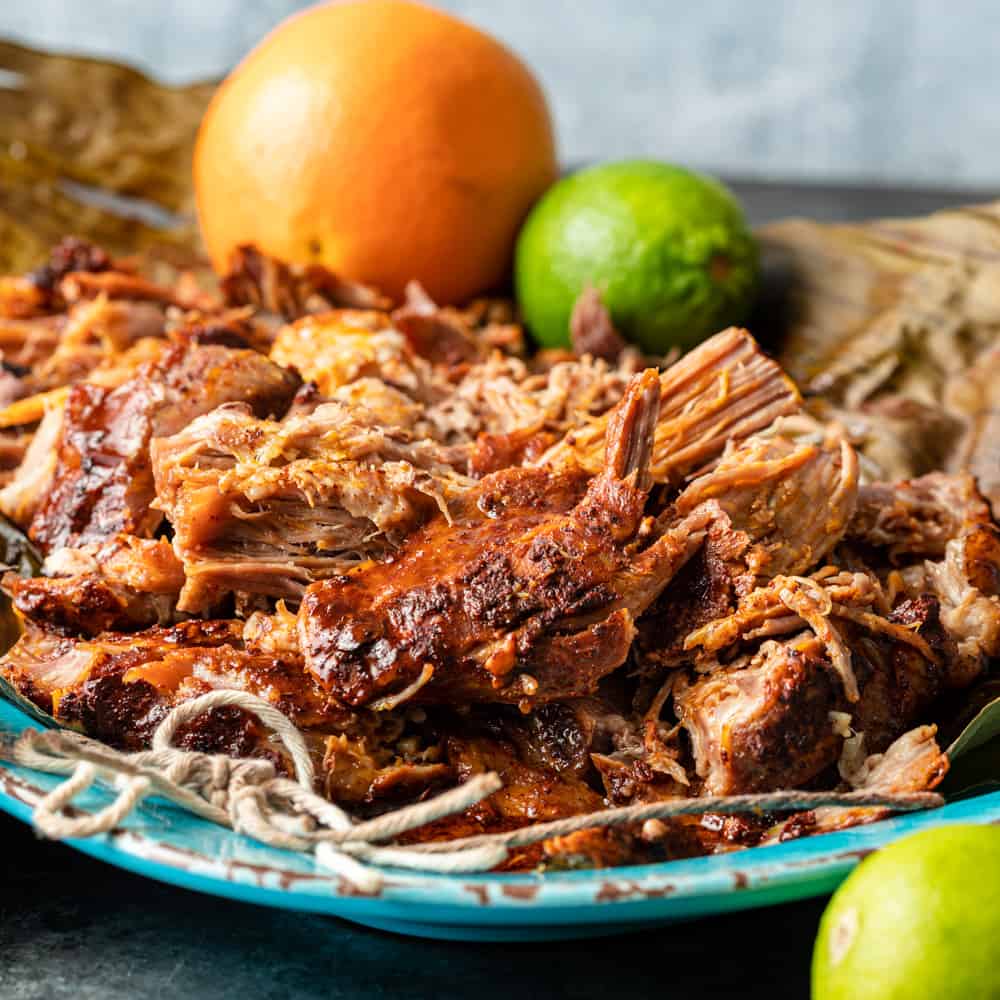

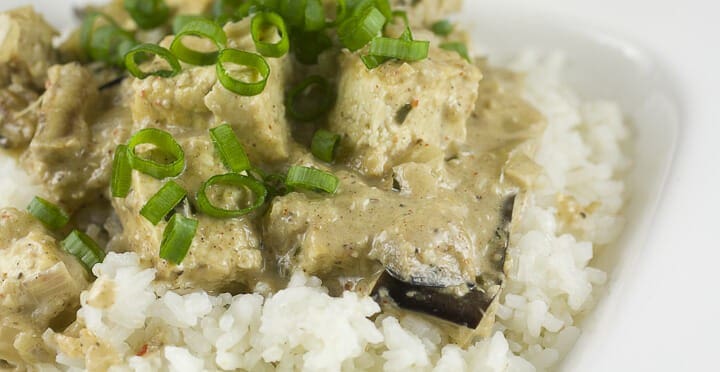


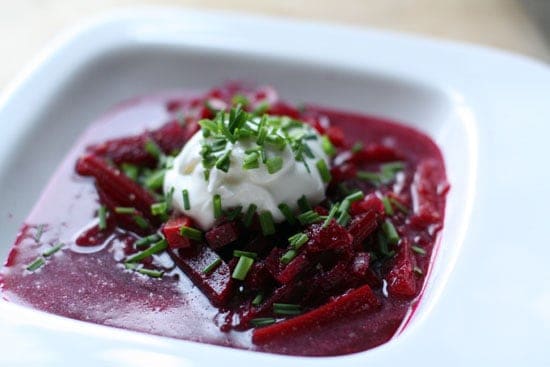




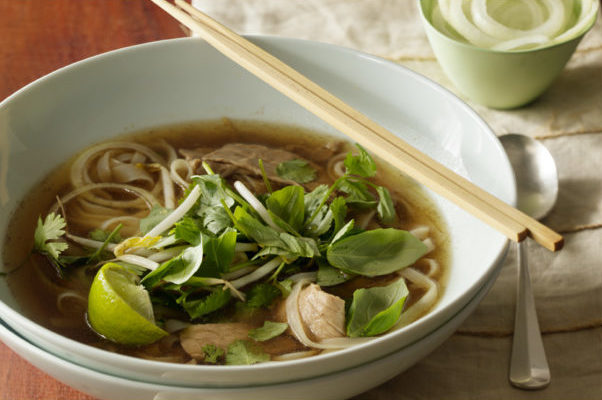
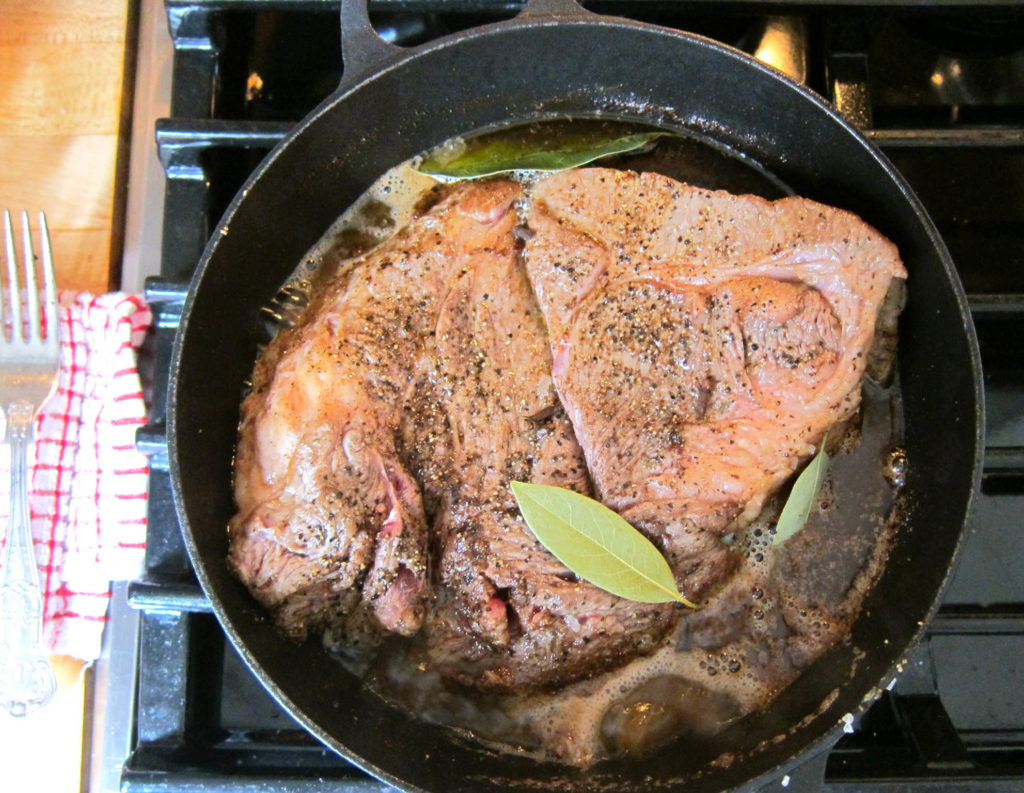
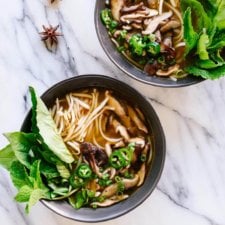
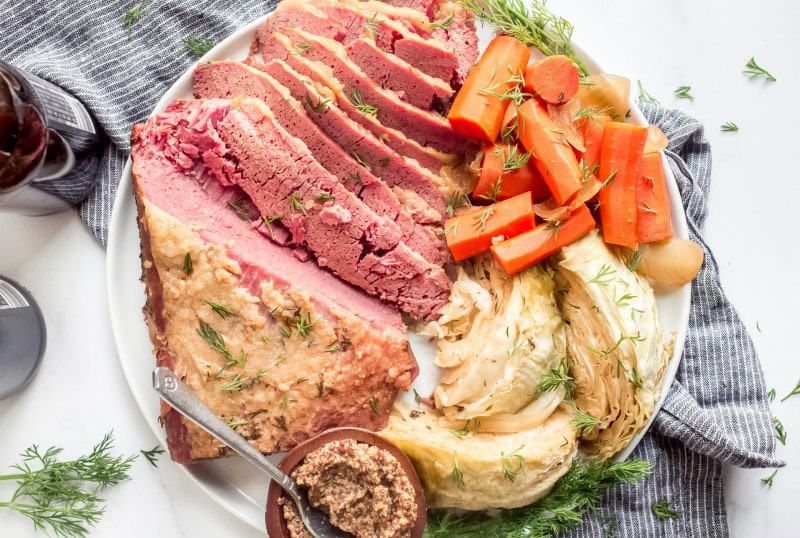


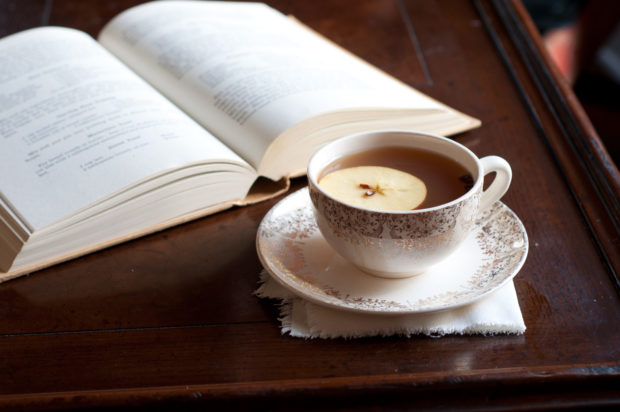

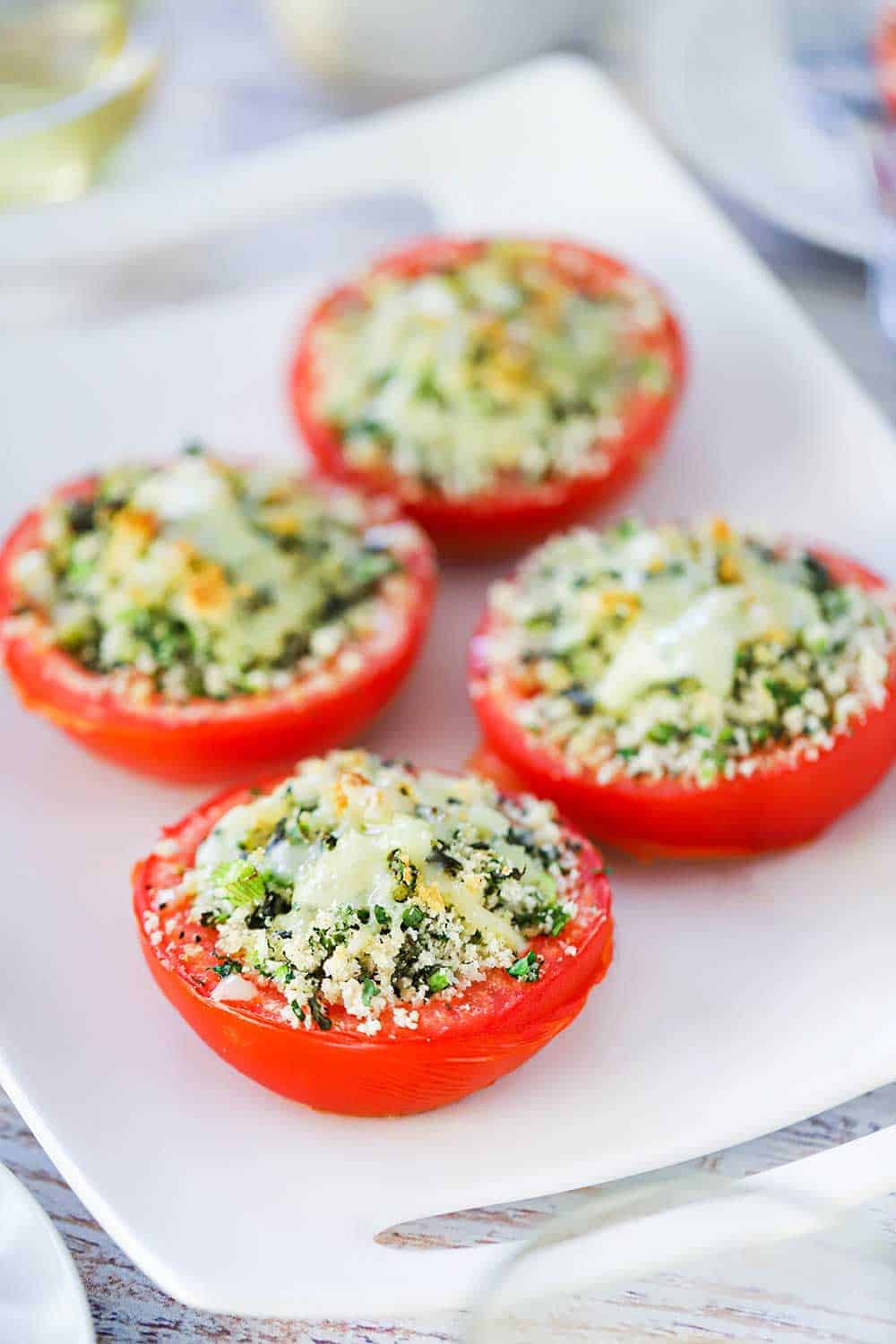
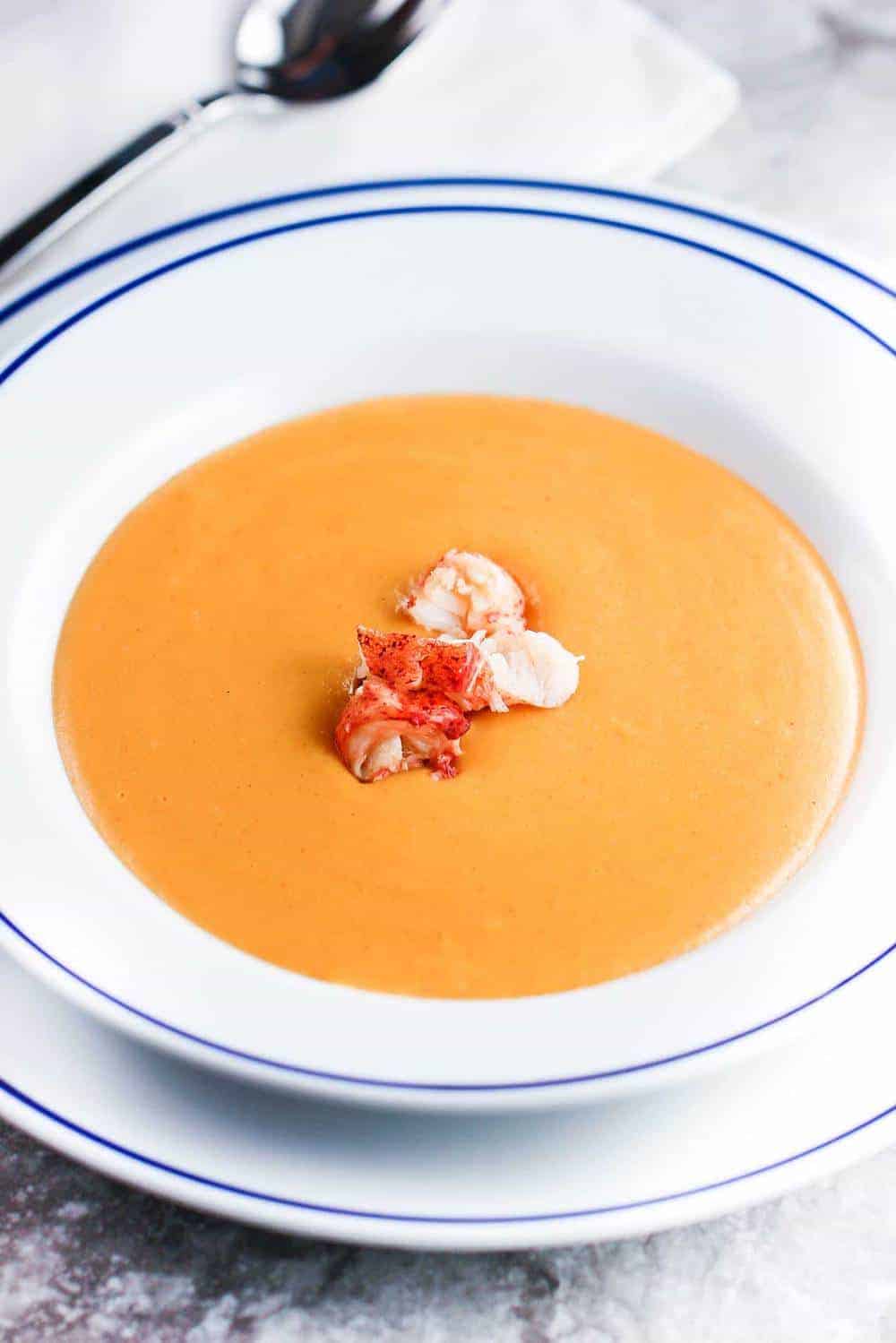
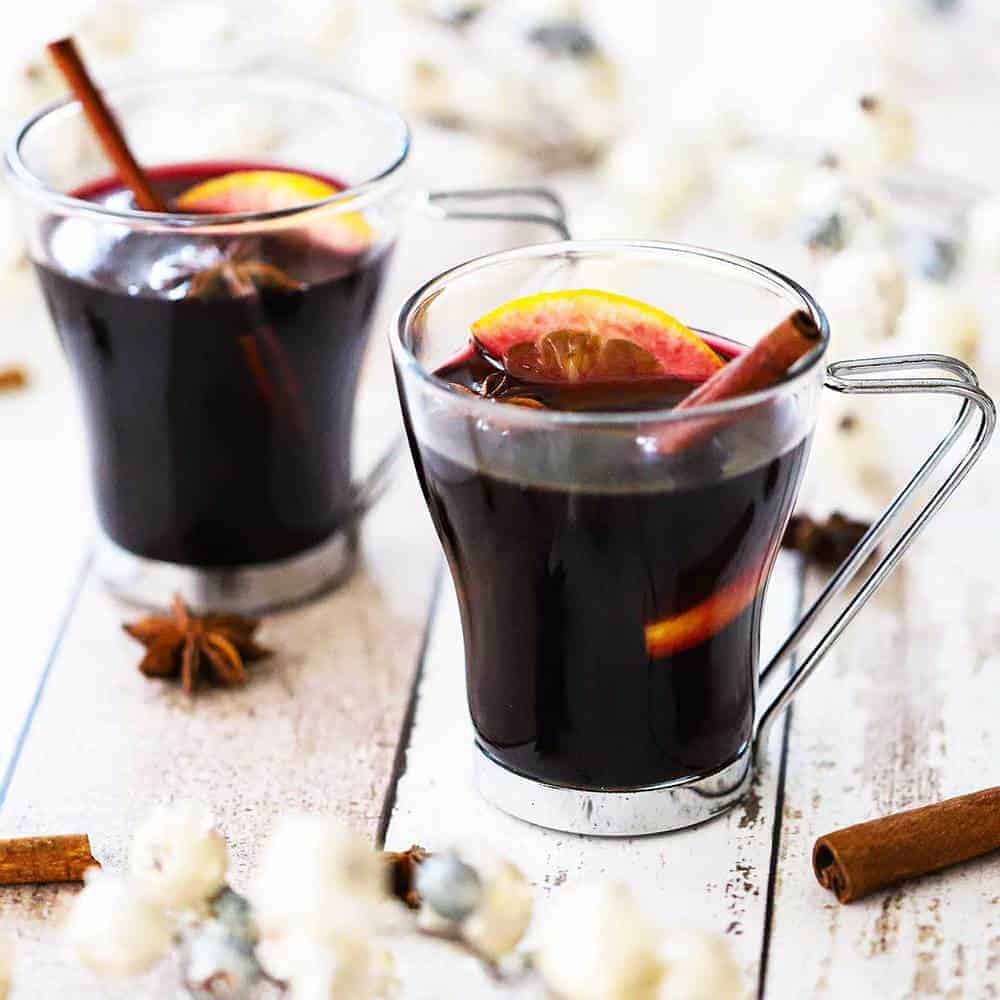
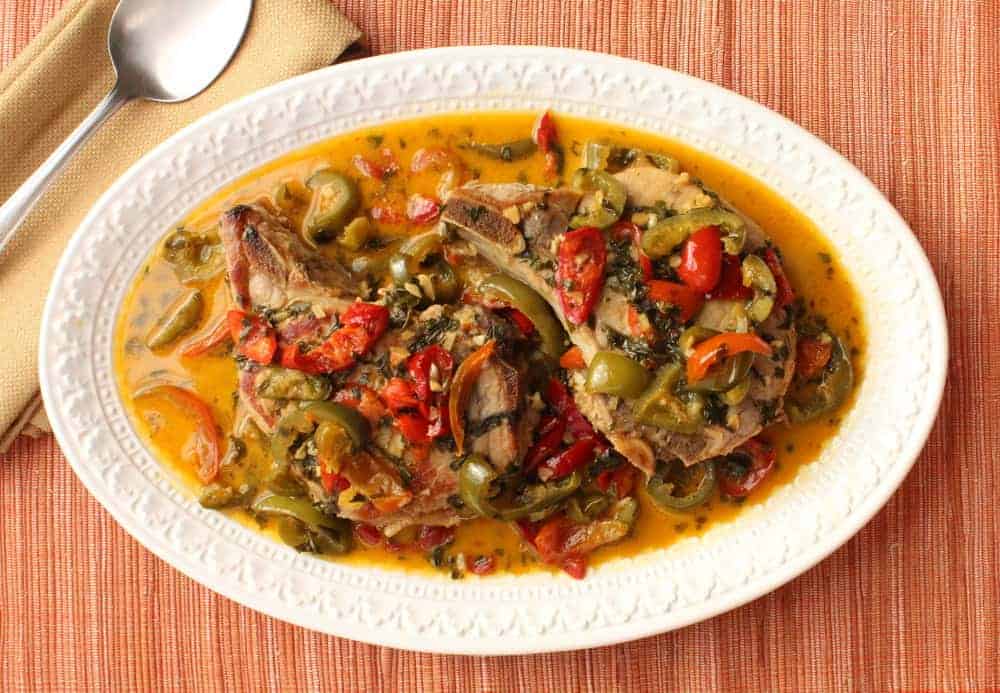
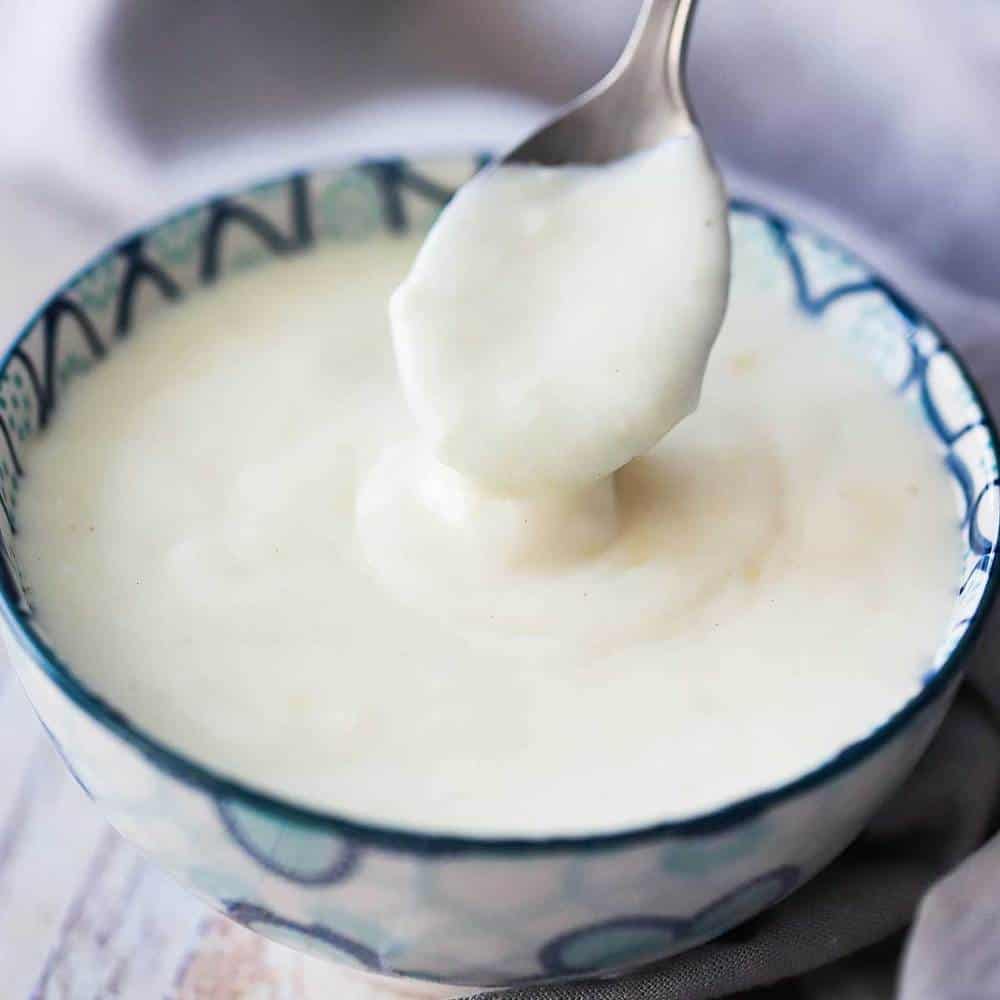
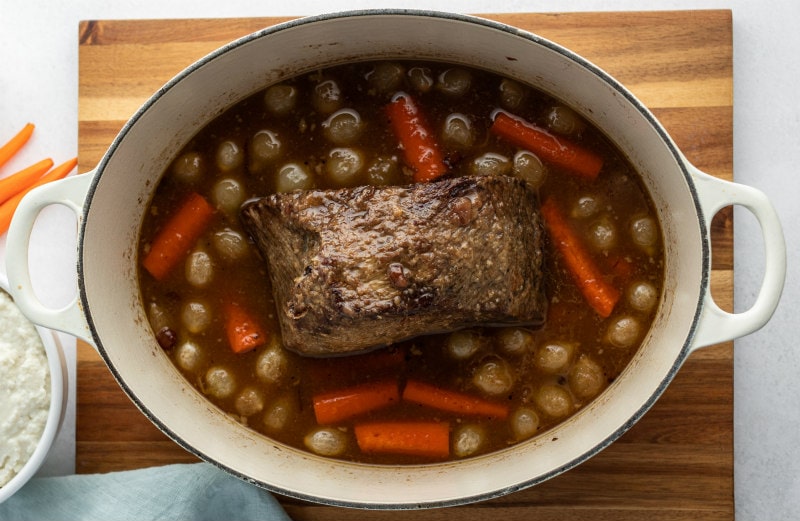
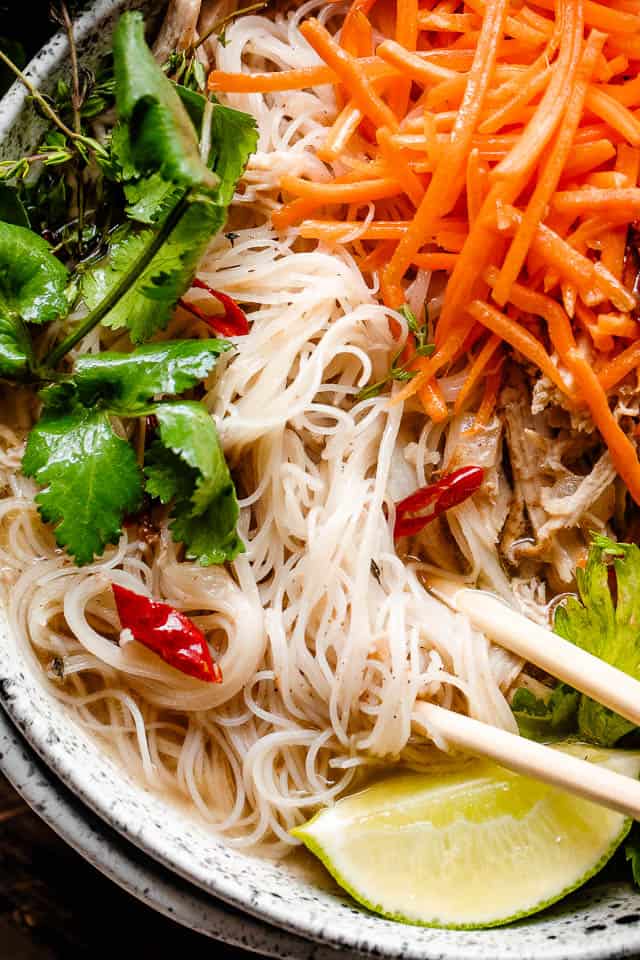

:max_bytes(150000):strip_icc()/apple-juice-turkey-brine-recipe-336416-hero-01-193b1d2c695c4b1a844f95803cca9339.jpg)
:max_bytes(150000):strip_icc()/natilla-colombian-christmas-custard-3029402-hero-01-e094ce5e2a6849bf8f49c926414d004b.jpg)
:max_bytes(150000):strip_icc()/traditional-glogg-recipe-3510987-8_preview-5b291d88fa6bcc003673c09c.jpeg)